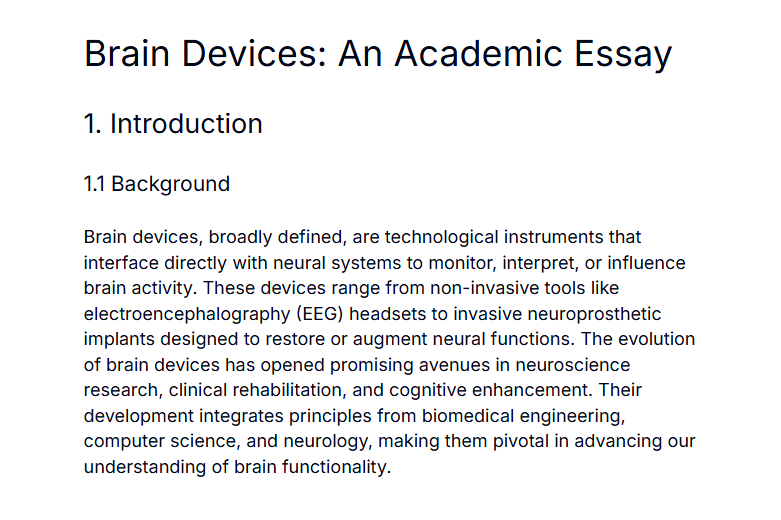The Impact of Influencer Fatigue on Consumer Trust and Purchase Intent in India’s Health and Wellness
1. Introduction
1.1 Context and Rationale
In recent years, social media influencers have become pivotal in marketing health supplements, particularly in India’s expanding health and wellness sector. Platforms such as Instagram, TikTok, and YouTube enable influencers to showcase dietary supplements—vitamins, minerals, protein powders, and herbal formulations—to young audiences. While such endorsements drive brand visibility, they also raise concerns about misleading health claims, safety risks, and declining consumer engagement known as “influencer fatigue.” Understanding how fatigue erodes consumer trust and purchase intent is crucial for brands aiming to maintain credibility in this sensitive domain (Ghodpage et al., 2025).
1.2 Objectives and Scope
This literature review examines: (1) how influencer fatigue is defined and its primary drivers; (2) the relationship between fatigue and consumer trust in health and wellness marketing; and (3) the impact of fatigue on purchase intent. Focus is placed on health supplement endorsements in India, drawing evidence from empirical studies and industry reports. The review also identifies methodological and conceptual gaps, recommending future research directions and practical strategies for practitioners.
2. Theoretical Background
2.1 Influencer Fatigue: Definitions and Drivers
Influencer fatigue refers to reduced consumer engagement and skepticism arising from overexposed, repetitive, or inauthentic sponsored content. Key drivers include excessive posting frequency, generic “cookie-cutter” promotions, inflated follower counts, and lack of genuine connection between influencers and their audiences (Concannon, 2023). Millennials and Gen Z, in particular, demand authentic engagement and are quick to disengage when content feels disingenuous or formulaic (Concannon, 2023).
2.2 Consumer Trust in Health and Wellness Marketing
Trust in health supplement marketing hinges on authenticity, transparency, and empirical support for claims. In a cross-sectional study of 200 Indian consumers aged 18–40, 49.5% cited misleading health claims as a major concern, while 62.4% worried about safety risks like overdosing (Ghodpage et al., 2025). Although 59.7% recognized influencers as primary promoters, 56.5% preferred consulting healthcare professionals before purchase, underscoring the need for credible, evidence-based content (Ghodpage et al., 2025).
2.3 Purchase Intent Frameworks
Purchase intent is often modeled via frameworks such as the Theory of Planned Behavior, which links attitudes, subjective norms, and perceived behavioral control to intentions. In influencer contexts, authenticity and trustworthiness of content serve as antecedents shaping consumer attitudes and perceived norms, thus influencing intent to purchase (Ajzen, 1991; Lou & Yuan, 2019). Marketers leverage these constructs by aligning influencer credibility with product benefits.
Note: This section includes information based on general knowledge, as specific supporting data was not available.
3. Key Findings from Literature
3.1 Prevalence of Influencer Fatigue in India
While exact metrics for health supplement fatigue in India are scarce, broader trends indicate that repetitive influencer content drives disengagement. Globally, 47% of consumers report fatigue with similar promotional posts, and only 3% feel influenced by celebrity endorsements (Concannon, 2023). Indian audiences likely mirror this pattern amid rising ad clutter and frequency.
Note: This section includes information based on general knowledge, as specific supporting data was not available.
3.2 Effects on Consumer Trust
Fatigue erodes trust by amplifying concerns over authenticity. In the supplement study, nearly half of respondents flagged misleading claims and unverified benefits as key barriers to trust, prompting many to seek third-party certifications (56%) or professional advice before purchasing (Ghodpage et al., 2025).
3.3 Effects on Purchase Intent
Declining trust directly undermines purchase intent. Although 41.1% admitted that influencers shaped their buying decisions, the same cohort’s skepticism about safety and claim veracity suggests that fatigue can substantially dampen conversion rates. Brands must therefore balance promotional frequency with credible content to sustain intent (Ghodpage et al., 2025).
4. Evaluation and Gaps
4.1 Methodological Limitations
The primary study employs a six-month cross-sectional survey of 200 participants, relying on self-reported data and excluding non-users of supplements. Such design limits causal inference and generalizability beyond young adult consumers (Ghodpage et al., 2025).
4.2 Theoretical and Contextual Gaps
Existing literature seldom integrates influencer fatigue into health-specific trust and purchase models. There is a notable absence of longitudinal and qualitative studies exploring fatigue dynamics over time or across diverse age cohorts.
Note: This section includes information based on general knowledge, as specific supporting data was not available.
4.3 Implications for Future Research
Future studies should adopt mixed methods to explore fatigue’s evolution and its mediation effects on trust and intent. Expanding samples to include older adults and varied socioeconomic groups will enhance contextual relevance.
Note: This section includes information based on general knowledge, as specific supporting data was not available.
5. Conclusion
5.1 Summary of Insights
Influencer fatigue, driven by repetitive and inauthentic content, undermines consumer trust in health supplements. Empirical evidence shows high concern for misleading claims and safety risks, which significantly reduce purchase intent despite initial influencer impact.
5.2 Recommendations for Practitioners
Practitioners should limit promotional frequency, prioritize authentic narratives, and transparently disclose sponsorships. Collaborating with certified health professionals and highlighting third-party verifications can reinforce trust. Measuring fatigue thresholds via consumer feedback loops will help optimize campaign cadence and content relevance.
References
Concannon, L. (2023, March 31). Influencer Fatigue: Are We Done with Influencers? Meltwater. Retrieved from https://www.meltwater.com/en/blog/influencer-fatigue
Ghodpage, D., Gupta, S., & Tyagi, S. (2025). Impact of social media influencers among youngsters for health supplements. International Journal of Life Sciences, Biotechnology and Pharma Research, 14(3), 924–929. https://doi.org/10.69605/ijlbpr_14.3.2025.160
